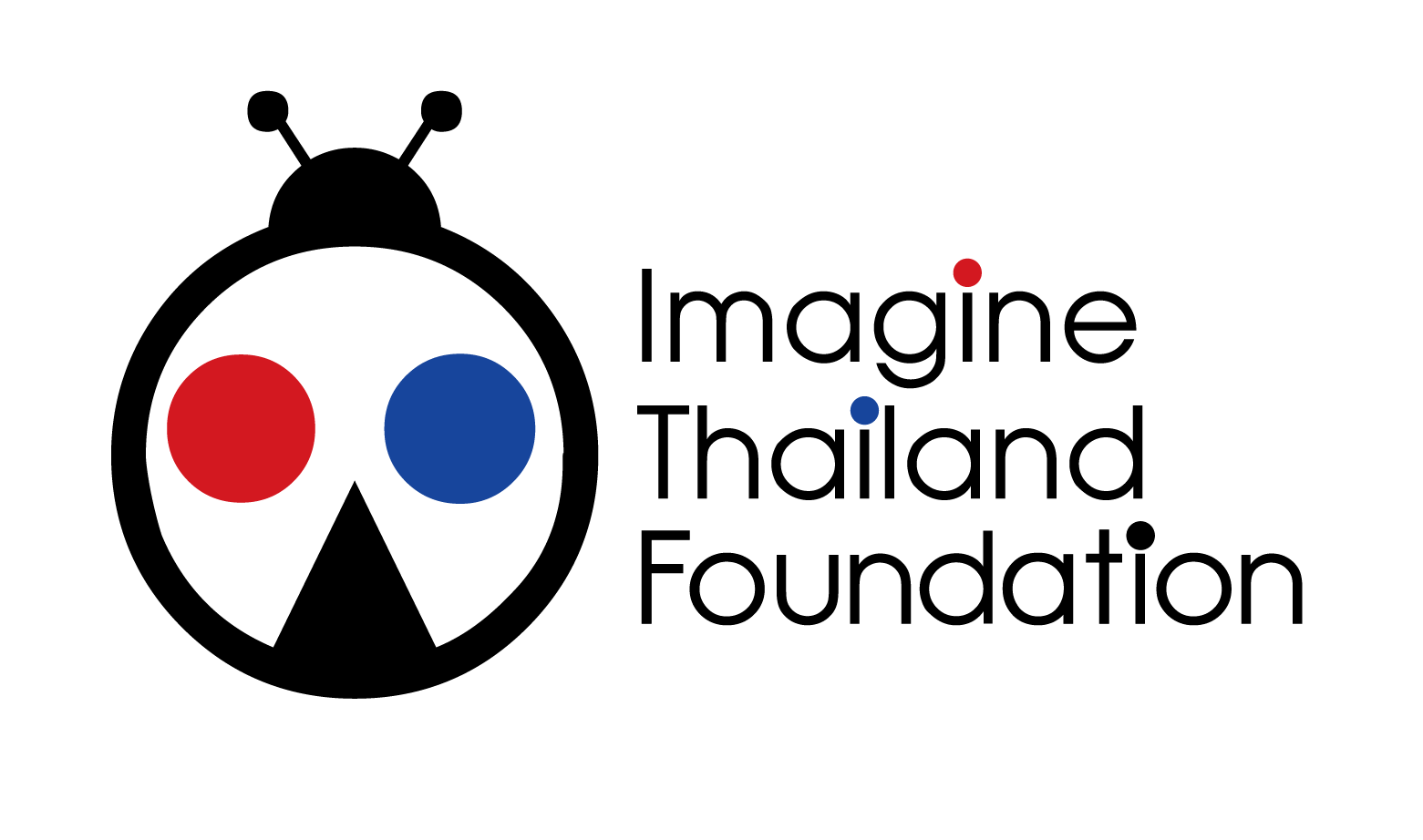Question ... what do 2 billion, world #1, Hat Yai and Chula have in common?
Question ... what do 2 billion, world #1, Hat Yai and Chula have in common?
Answer ... English!
Over 2 billion people speak English, making it the largest language in the world by number of speakers. It’s also far and away the most sought after for second language studies. Nothing else comes close.
And consider this ... it’s the/an official language for International Aviation, the British Commonwealth of Nations (54 states), the International Criminal Court, the International Criminal Police Organization (Interpol), the International Energy Agency, the International Federation of Journalists, the International Labour Organization, the International Monetary Fund (IMF), the International Olympic Committee, International Telecommunications, the Organization for Economic Cooperation & Development (OECD), the Universal Postal Union, the World Bank, the World Customs Organization, the World Health Organization (WHO), the World Trade Organization (WTO), and of course, the United Nations.
But wait, there’s more ... it’s also the working language of ASEAN, Asia-Pacific Economic Cooperation (APEC), the Asian Development Bank, the Asian Infrastructure Investment Bank, the Organization of Petroleum Exporting Countries (OPEC), and the Indian Ocean Rim Association. It’s even one of 3 official languages for the Organization of Islamic Cooperation!
Add to all that the massive English impact on technology, medicine, science and entertainment.
In other words, the English language is kind of a big deal.
This fact hasn’t been lost on the Thai government. Thailand, along with many other Asian countries, and especially the Association of South East Asian Nations (ASEAN), has increasingly recognized English as a major key to success in the world market.
So back to the original question. How do Hat Yai and Chula figure into all of this?
While English studies are fairly common throughout Thailand, the number of native English speakers teaching those studies is not. A University of Southampton study on English in Thailand concluded that “there has been persistent dissatisfaction with the perceived results of education practices as regards English proficiency levels. We argue that much of this ... is due to inappropriate native speaker and Anglo-centric models of English which do not reflect the growing use of English as a lingua franca globally ...”.
Our response? In Hat Yai, Canadian Jarren Hildebrandt of Imagine Thailand teaches English at Prince of Songkla University. He and his wife, Cindie, also partner with Sela English Center to run English Corners, baking classes, games and activity nights, and create a wonderful sense of community. Along with groups of visiting Canadian students, Thai students serve as translator assistants during English camps at local elementary schools.
At Chulalongkorn University in Bangkok, weekly English Corners and activities allow students to practice English and develop relationships, while sipping craftsman-level coffee in the cozy rooms of the Entrance Coffeehouse & Studio right on campus.
Canadian university students and church teams, hosted by Imagine Thailand, come to places as diverse as Mae Sot and Takua Pa to run ESL camps for both Burmese migrant schools and Thai state schools.
Can we do more? Absolutely. Without question. But the demand is great and we are few. We need others to get excited with us. There are lots of opportunities to provide opportunities in this country. And learning English is one massive opportunity for millions of Thai and the migrants and refugees who call Thailand their home.

